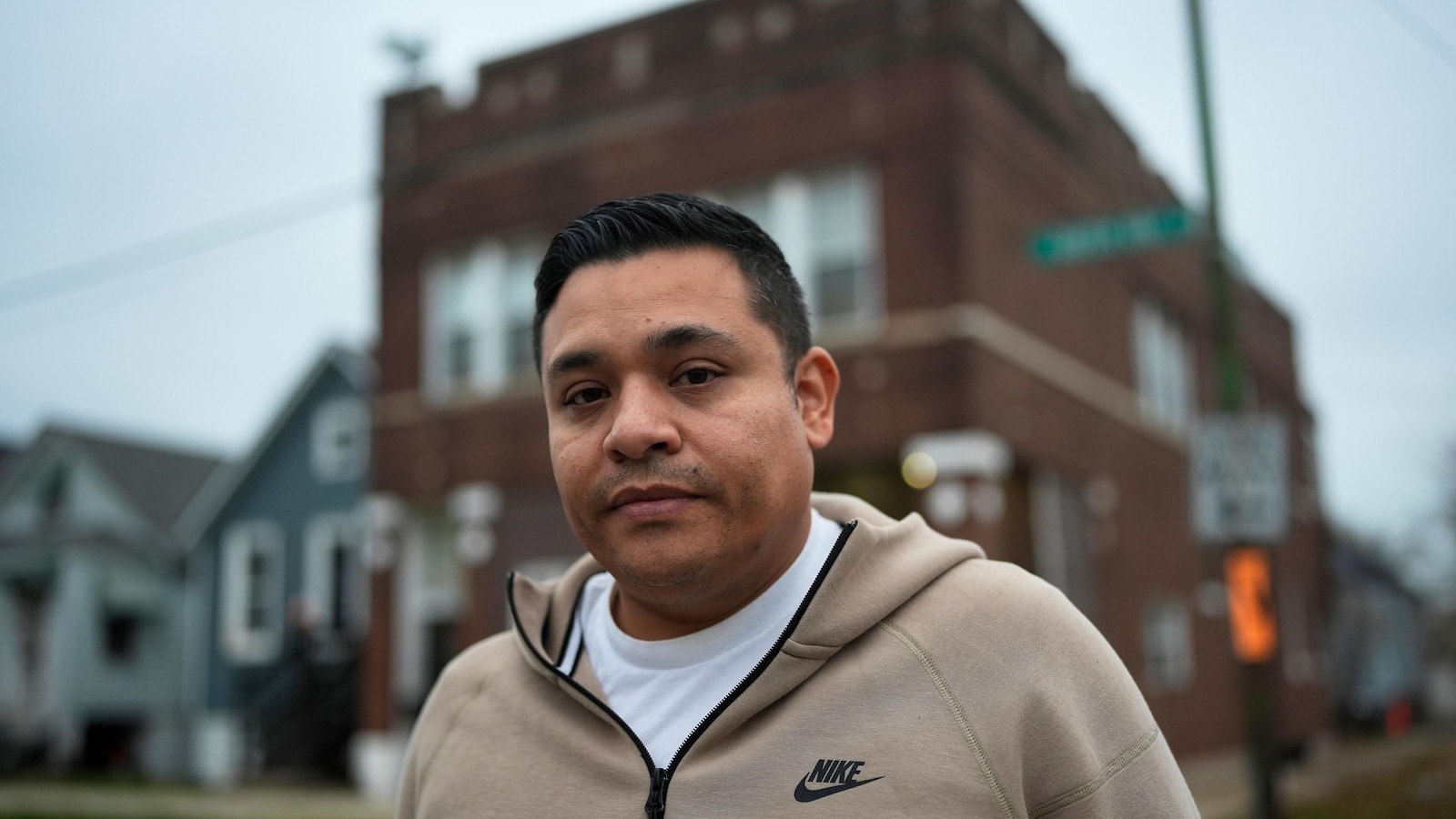Over the past two months, Chicago has become the focal point of a sweeping federal immigration enforcement campaign tied to the Trump administration’s immigration policies. Known as “Operation Midway Blitz,” this initiative has involved surprise raids carried out by federal agents across numerous neighborhoods in the city. These agents, often arriving in unmarked vehicles, have aggressively confronted and detained residents, sparking fear, outrage, and widespread protests throughout the community.
The raids have been marked by their suddenness and intensity. Agents have emerged unexpectedly in both affluent and working-class neighborhoods, targeting people in everyday places such as schools, workplaces, grocery stores, and even public spaces like Millennium Park—the site of the iconic Cloud Gate sculpture, affectionately called “The Bean.” The randomness of the operations and the broad scope of locations have sent a chilling message, particularly to Chicago’s large Latino population, many of whom now live in fear of leaving their homes.
Eyewitness accounts and video footage have documented instances of what many describe as excessive force by the agents. There have been reports of agents striking people who were already restrained, deploying tear gas near schoolyards, and aiming pepper spray at bystanders who gathered to protest or record the incidents. This use of force has shocked residents and has been widely condemned on social media and in the press. Many community members have expressed deep concern for their safety and the safety of their neighbors, especially as some individuals detained during the raids were later identified as U.S. citizens rather than undocumented immigrants.
Since the operation began in early September, it has resulted in more than 3,300 arrests, according to attorneys representing detainees. The large number of arrests highlights the scale and intensity of the campaign, which seems aimed not only at undocumented immigrants but at intimidating entire communities. The raids have also galvanized Chicago’s residents, who have banded together in solidarity to protect one another. Many have taken to documenting the raids on their smartphones, providing real-time evidence of the federal agents’ actions and helping to bring national attention to the issue.
One such incident occurred on October 14 in the East Side neighborhood on Chicago’s far South Side. Jose Aguilar, who had been warned of federal agents in the area, witnessed four uniformed agents pursuing two individuals into a local Walgreens pharmacy. Aguilar captured the scene on video as one of the agents tackled a Black teenager outside the store. Onlookers quickly gathered, shouting that the young man was a U.S. citizen. The agent responded harshly, ordering the crowd to back away, stating they did not understand the situation. The young man was detained for several hours before being released, according to local reports.
Another confrontation took place on October 24 in Lakeview, a neighborhood near the famous Wrigley Field. That day, federal agents deployed tear gas on a peaceful residential street lined with multi-million dollar homes. Skip Yates, a resident, was inside his home when he heard the distinct whistles that Chicagoans use to alert neighbors of immigration agents’ presence. From his porch, Yates watched as agents arrived in large vehicles and released tear gas, causing residents to cough and experience burning eyes. Nearby construction workers, aware of what was coming, fled as soon as a white SUV pulled up. The scene quickly devolved into chaos, with agents chasing workers amid shouting and the sounds of disturbance. Despite a resident’s protest that the agents lacked a warrant to enter private property, the agents pressed on undeterred.
A similar scene unfolded the following day in Old Irving Park, a neighborhood a few miles west. Uriel Villegas and his older brother Luis were working on home construction when federal agents stopped by and asked for their immigration papers. While Uriel had documentation, Luis did not and immediately fled. Four agents pursued him, eventually pinning him down on a lawn. Uriel desperately pleaded with the agents to release his brother, while a crowd gathered and began recording the incident. The agents responded aggressively, shoving Uriel back and forcing his brother into a white SUV. The crowd grew more vocal in their opposition, but the agents maintained a forceful presence. Villegas later shared videos showing two additional arrests, including one involving a 70-year-old man who was out for a run and suffered broken ribs after agents knelt on his chest. Luis Villegas is currently being held in Michigan, awaiting an immigration hearing scheduled for December 6.
Tensions continued to escalate on October 31 in Evanston, a suburb just north

